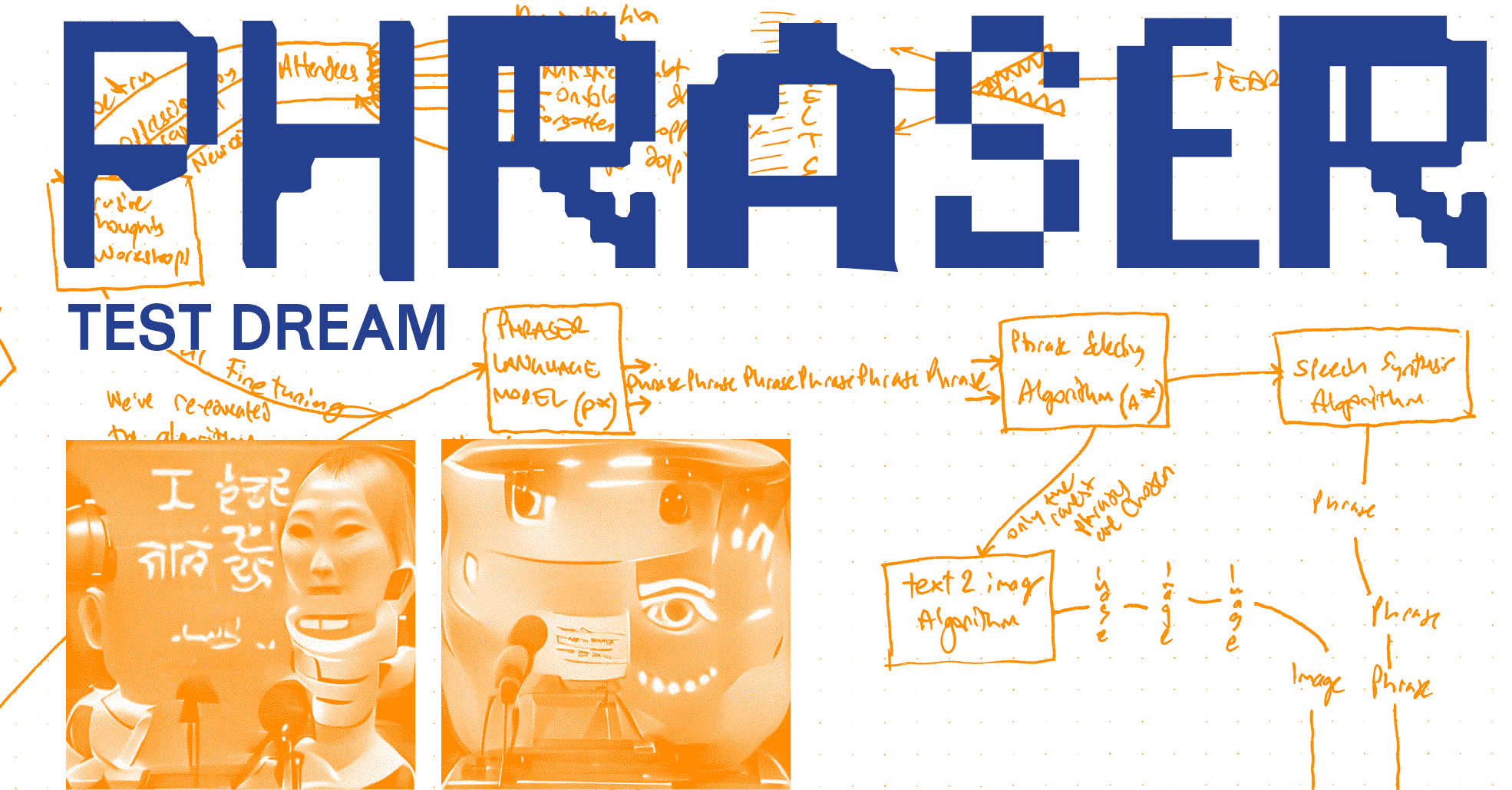In Sickness and in Health
Jordana Bragg
A doctor came to the house on Sunday. “Tonsillitis”, he said definitively, after shining a silver pocket-sized flashlight down my throat, “Penicillin every day, three times a day before every meal. One before bed, for ten days”. The matter of fact nature of doctors has always scared me, so as a general rule I try to avoid them. I guess I’d rather suffer through a painful-unknown, than a definitive diagnosis. But given the circumstances, being irresponsible about a sore throat is not possible.
Now penicillin, and painkillers cloud every word. Slowly, my fingers lift to click the touchpad on my laptop, I flick to scroll down the pdf on screen: the auto-theory body-essay Testo Junkie: Sex, Drugs, and Biopolitics in the Pharmacopornographic Era (2013) by Paul B. Preciado blurs in front of me. I read that Testo Junkie, first published in Spanish: Testo yonqui / Espasa Calpe (2008), is a written account of Preciado’s unprescribed use of testogel – an anabolic steroid for the treatment of various health problems due to a lack of testosterone in the blood for those assigned male at birth, and to reduce physical and mental dysphoria in transgender, or genderqueer individuals – as a means of undoing, or exploring, capitalistic commodification of the gendered body. Reproductive rights, sex and sexuality are key themes within the text. Testo Junkie gives a political history of reproductive technologies. These include: the oral contraceptive pill, Viagra, drugs used in doping, fluoxetine, estrogen and testosterone, which Preciado connects to his own use of pharmaceuticals, and the pharmacopornographic – a term coined in the essay that outlines the idea that the pharmaceutical, pornographic, and late capitalist systems are integrated processes that regulate and control social and reproductive bodies.1 These systems are framed to operate first on a bodily micro-biological scale, then placed within a global political, social and economic context. Your Death/Video Penetration2, the first chapter, introduces the work as an homage to Preciado’s friend, French writer Guillaume Dustan, who contracted AIDS, and died of an accidental overdose of a medication he was taking.
So, now someone has died in the essay I’m reading. I look away from the screen, scanning the room as it spins: cups half full of water, a vase of flowers, medications, moisturisers, ashtrays, deodorant, clothing. I can see everything, but not the words I am searching for. One word for how I am feeling now: sombre? angry? jaded? On the same day that Preciado hears of the death of his friend, he puts fifty milligrams of Testogel on his skin, so that, in his own words “I can write, fuck, feel a form of pleasure that is post pornographic, add a molecular prosthesis to my low-tech transgender identity composed of dildos, texts, and moving images; I do it to avenge your death”.3
I close my eyes.
Theory swarms in my mind at a feverish pace. My throat constricts. I think about writers and friends of my own, who have had to make grand leaps in their own lives in order to survive. To transcend sickness, dysphoria and pain in the present moment; to find a way through.
To talk, or even think about the future now, is to talk about anxiety, to address failures of the past. The new politics of (dis)embodied life, defined by the visceral, albeit invisible threat of COVID-19 has made operative the core meaning of the word ‘contagious’ upon the body. To be ‘contagious’ as a (dis)embodied experience – isolated. The question I’ve been searching for arrives: what is the difference between naming oneself ‘sick’ in order to get better, and being nominated as ‘sick’ by normative social logic?4
It is important to think about the ways in which society already had moralistic logics of sickness versus immunity well before COVID-19: ie. a means of categorisation that participates in the active and ongoing subjugation of minority groups under late-capitalism.5 I roll over on to my side as sweat soaks through the sheets.
No Future: Queer Theory and the Death Drive (2004)6 by Lee Edelman takes a pessimistic view of the future. The negativity of his stance is aimed, not at the future itself, but reproductive futurism: the belief that the political itself is motivated by the desire for creating better futures for ‘our children’. Not individual children, but ‘our children’, the patriotic symbolic figure of the child as pure innocence, and in need of protection. Positioned directly in contrast to this innocence and need for protection is the queer life. Under logics of reproductive futurism, and the moralistic logics of sickness versus immunity, the queer life is (still) considered dangerous, amoral, narcissistic, degenerative, antisocial, and future-negating.
‘Cruel Optimisms’ is a term Lauren Berlant coined in 2011 to describe the process in which something you want stops you from being able to flourish in the present moment: this is the future-driven logic driving reproductive futurism and optimism itself, that has prevailed since the 1980s. Optimism as a pervasive attachment to “unachievable fantasies of the good life—upward mobility, job security, political and social equality, and durable intimacy—despite mounting evidence that liberal-capitalist societies do not offer these opportunities in reality”7, rather, these are illusory future-driven logics that keep people tied to individualism, and capitalism.
The virus has exposed optimism as much more than just a state of mind, optimism is a business strategy, a fantasy sold by late-capitalism in the face of social, political and financial crisis. Optimism, deployed in this way encourages a never-ending pressure to ‘add up to something’. Optimism requires more than resilience, it requires privilege, in the form of upward class mobility.8
It is my view that the disarray of COVID-19 was in large part caused by late-capitalistic models of optimistic striving. Time that is constructed around productivity: the work day, the work week, the weekend. To disrupt people’s ability to move at all, let alone forward, momentarily negated the future, producing feelings of failure in the individual, and exposing failure on a systematic, global scale. How do we reconcile what it means to have a purpose, or to succeed, when purpose and success are so inextricably linked to material production and consumption?
I reach for my iPhone on the nightstand. My body is alive, my body is reliant on pharmaceutical and scientific assistance, my body is biopolitical, my body is biodegradable, my body is technological. I open Instagram. A random collection of lives collide before my eyes. My mouth tastes metallic. I reach for the longform poetry book Junk by Tommy Pico9.
I’ve become obsessed with junk, all the things in life that have no conceivable, or meaningful future. Junk is a thin turquoise and purple book. On the cover a quote by the author Kaveh Akbar states: “It’s rare to read a book that makes living feel so alive”10, and he isn’t wrong. Junk pulls the world together in a way I haven’t lived, maybe ever, but certainly not since lockdown. I reach for my pen and begin to make lists of theorists I might like to write about.
The list: Testo Junkie, No Future: Queer Theory and the Death Drive, Cruel Optimisms and Junk. The list. A true testament to the calamity of life, has become my lifeline in lockdown. I have collected here a set of references that stand against unrealistic optimism. Leading me to the conclusion, that in a world that otherwise feels distant, fractured, without structure, and without a future, perhaps, focusing on failure is useful. Rather than turning to blind optimism, addressing failure is the only way forward.
1. Framed to push beyond The History of Sexuality writing by Michael Foucault(1976). 2. Paul B. Preciado. Testo Junkie: Sex, Drugs, and Biopolitics in the Pharmacopornographic Era. 2013. 3. Paul B. Preciado. Testo Junkie: Sex, Drugs, and Biopolitics in the Pharmacopornographic Era. 2013 p 11 4. Preciado, Paul B. The Loser Conspiracy. ARTFORUM https://www.artforum.com/slant/paul-b-preciado-on-life-after-covid-19-82586(accessed September 28, 2020). 5. For a more in-depth historical analysis see: Preciado, Paul B. Learning from the Virus. ARTFORUM https://www.artforum.com/print/202005/paul-b-preciado-82823 (accessed September 28, 2020); Michel Foucault. The Birth of the Clinic an Archaeology of Medical Perception. World of Man. NY, Routledge, 1989; Georges Canguilhem. The Normal and the Pathological. NY, Zone Books, 1989. 6. Lee Edelman. No Future: Queer Theory and the Death Drive. Series Q. Durham: Duke University Press, 2004. 7. Lauren Berlant. Cruel Optimism. Durham: Duke University Press, (abstract) 2011. 8. For more on Cruel Optimisms: approaching queer strategies of resistance to liberal-capitalist societies need for individualism[1] see: Kay Gabriel. Gender as Accumulation Strategy. Invert Journal, 2020; Jack Halberstam. The Queer Art of Failure. Duke University Press. USA, 2011; Michael Snediker. Queer Optimism. Postmodern Culture 16, no. 3, 2006. 9. Tommy Pico. Junk. First U.S. ed. 2018 10. Author of the brilliant book on god, agony, narcotics, alcoholism and love – Kaveh Akbar. Calling A Wolf A Wolf. Alice James Book, 2017.
Jordana Bragg is an Aotearoa born, Naarm (Melbourne) based visual artist and writer, making work informed by critical and queer art theory. Designed to address the inherent violence of gender classification, Bragg’s practice focuses on critiquies of romantic love as a narrative force, or Herero-script in control of public, private, social and political life. Widely exhibited and published, Bragg is the original co-founder of @meanwhile_gallery Te Whanganui-a-Tara (Wellington, NZ), currently studying toward an MFA by research at Monash University, Naarm, (Melbourne).








